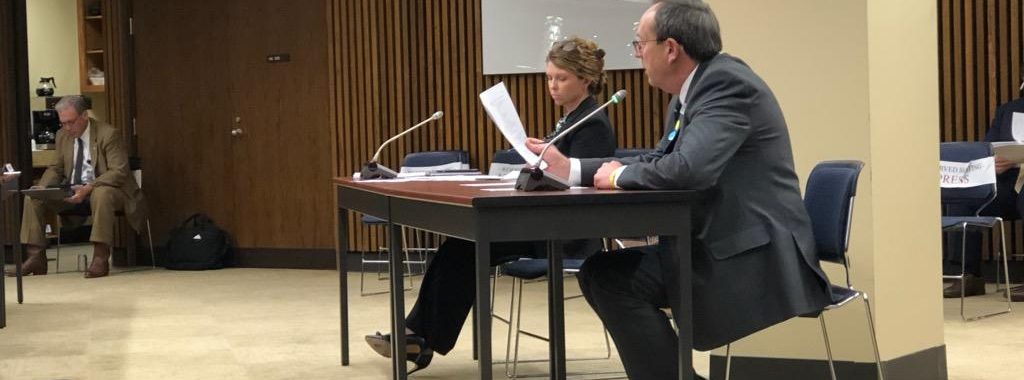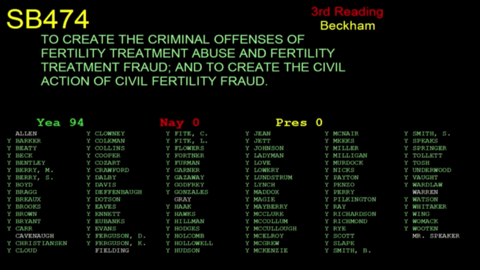House Public Health Committee Advances Bad End-of-Life Legislation

On Thursday the House Public Health Committee passed two bad bills weakening the state’s end-of-life laws.
Among other things, H.B. 1685 makes it easier to deny nutrition and hydration to a dying person, and H.B. 1686 weakens Arkansas law about advance directives and Physician Order for Life-Sustaining Treatment forms.
Both bills were amended in committee.
However, the changes to the bills still fail to address all of the problems with H.B. 1685 and H.B. 1686.
The bills now go to the entire Arkansas House of Representatives for consideration.





